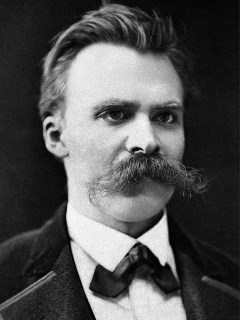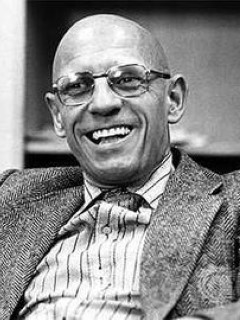
Publication details
Publisher: Nijhoff
Place: The Hague
Year: 1978
Pages: 262-275
Series: Selected Studies in Phenomenology and Existential Philosophy
ISBN (Undefined): 9789024720446
Full citation:
, ""Hermeneutics," "death of god" and "dissolution of the subject"", in: Crosscurrents in phenomenology, The Hague, Nijhoff, 1978


"Hermeneutics," "death of god" and "dissolution of the subject"
a phenomenological appraisal
pp. 262-275
in: Ronald Bruzina, Bruce Wilshire (eds), Crosscurrents in phenomenology, The Hague, Nijhoff, 1978Abstract
What follows is an attempt to appraise phenomenologically some "structuralist"1 themes present in Michel Foucault's The Order of Things as they are rooted implicitly or explicitly2 in Nietzsche's philosophy. The main part of this essay will expose and expand on these themes in as neutral a way as possible, the question of their validity being provisionally bracketed. At the end of the essay, the brackets will be lifted; however, in order for the debate between phenomenology and "structuralism" to be productive, it should not restrict itself to a one-way process. It is my contention that the questioning of "structuralism" by phenomenology can prove to be most fruitful if the latter is also ready to let itself be questioned by the former.
Cited authors
Publication details
Publisher: Nijhoff
Place: The Hague
Year: 1978
Pages: 262-275
Series: Selected Studies in Phenomenology and Existential Philosophy
ISBN (Undefined): 9789024720446
Full citation:
, ""Hermeneutics," "death of god" and "dissolution of the subject"", in: Crosscurrents in phenomenology, The Hague, Nijhoff, 1978


